1 A BRIEF INTRODUCTION TO DESIGN THINKING 1
Michael G. Luchs
PART I: DESIGN THINKING TOOLS 13
2 INSPIRATIONAL DESIGN BRIEFING 15
Søren Petersen, Jaewoo Joo
3 PERSONAS: POWERFUL TOOL FOR DESIGNERS 27
Robert Chen, Jeanny Liu
4 CUSTOMER EXPERIENCE MAPPING: THE SPRINGBOARD TO INNOVATIVE SOLUTIONS 41
Jonathan Bohlmann, John McCreery
5 DESIGN THINKING TO BRIDGE RESEARCH AND CONCEPT DESIGN 59
Lauren Weigel
6 BOOSTING CREATIVITY IN IDEA GENERATION USING DESIGN HEURISTICS 71
Colleen M. Seifert, Richard Gonzalez, Seda Yilmaz, Shanna Daly
7 THE KEY ROLES OF STORIES AND PROTOTYPES IN DESIGN THINKING 87
Mark Zeh
PART II: DESIGN THINKING WITHIN THE FIRM 105
8 INTEGRATING DESIGN INTO THE FUZZY FRONT END OF THE INNOVATION PROCESS 107
Giulia Calabretta, Gerda Gemser
9 THE ROLE OF DESIGN IN EARLY-STAGE VENTURES: HOW TO HELP START-UPS UNDERSTAND AND APPLY DESIGN PROCESSES TO NEW PRODUCT DEVELOPMENT 125
J. D. Albert
10 DESIGN THINKING FOR NON-DESIGNERS: A GUIDE FOR TEAM TRAINING AND IMPLEMENTATION 143
Victor P. Seidel, Sebastian K. Fixson
11 DEVELOPING DESIGN THINKING: GE HEALTHCARE’S MENLO INNOVATION MODEL 157
Sarah J. S.Wilner
12 LEADING FOR A CORPORATE CULTURE OF DESIGN THINKING 173
Nathan Owen Rosenberg Sr., Marie-Caroline Chauvet, Jon S. Kleinman
13 KNOWLEDGE MANAGEMENT AS INTELLIGENCE AMPLIFICATION FOR BREAKTHROUGH INNOVATIONS 187
Vadake K. Narayanan, Gina Colarelli O’Connor
14 STRATEGICALLY EMBEDDING DESIGN THINKING IN THE FIRM 205
Pietro Micheli, Helen Perks
PART III: DESIGN THINKING FOR SPECIFIC CONTEXTS 221
15 DESIGNING SERVICES THAT SING AND DANCE 223
Marina Candi, Ahmad Beltagui
16 CAPTURING CONTEXT THROUGH SERVICE DESIGN STORIES 237
KatarinaWetter-Edman, Peter R. Magnusson
17 OPTIMAL DESIGN FOR RADICALLY NEW PRODUCTS 253
Steve Hoeffler, Michal Herzenstein, Tamar Ginzburg
18 BUSINESS MODEL DESIGN 265
John Aceti, Tony Singarayar
19 LEAN START-UP IN LARGE ENTERPRISES USING HUMAN-CENTERED DESIGN THINKING: A NEW APPROACH FOR DEVELOPING TRANSFORMATIONAL AND DISRUPTIVE INNOVATIONS 281
Peter Koen
PART IV: CONSUMER RESPONSES AND VALUES 301
20 CONSUMER RESPONSE TO PRODUCT FORM 303
Mariëlle E. H. Creusen
21 DRIVERS OF DIVERSITY IN CONSUMERS’ AESTHETIC RESPONSE TO PRODUCT DESIGN 319
Adèle Gruen
22 FUTURE-FRIENDLY DESIGN: DESIGNING FOR AND WITH FUTURE CONSUMERS 333
Andy Hines
23 FACE AND INTERFACE: RICHER PRODUCT EXPERIENCES THROUGH INTEGRATED USER INTERFACE AND INDUSTRIAL DESIGN 351
Keith S. Karn
24 INTELLECTUAL PROPERTY PROTECTION FOR DESIGNS 367
Daniel Harris Brean
25 DESIGN THINKING FOR SUSTAINABILITY 381
Rosanna Garcia, PhD, Scott Dacko, PhD
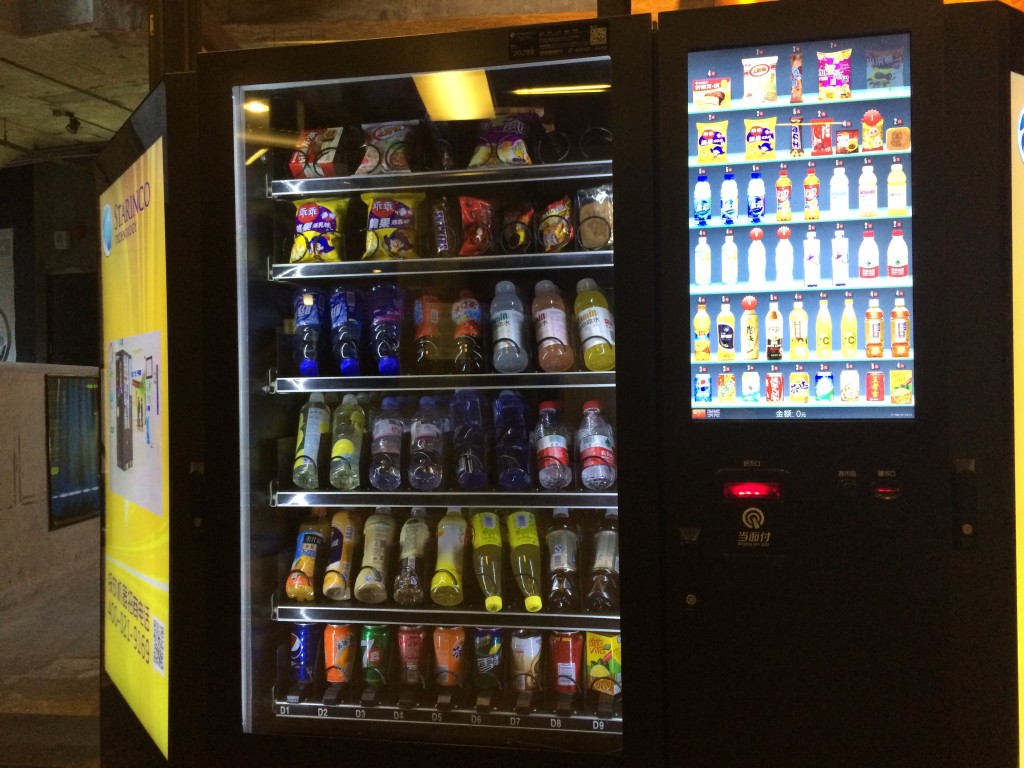
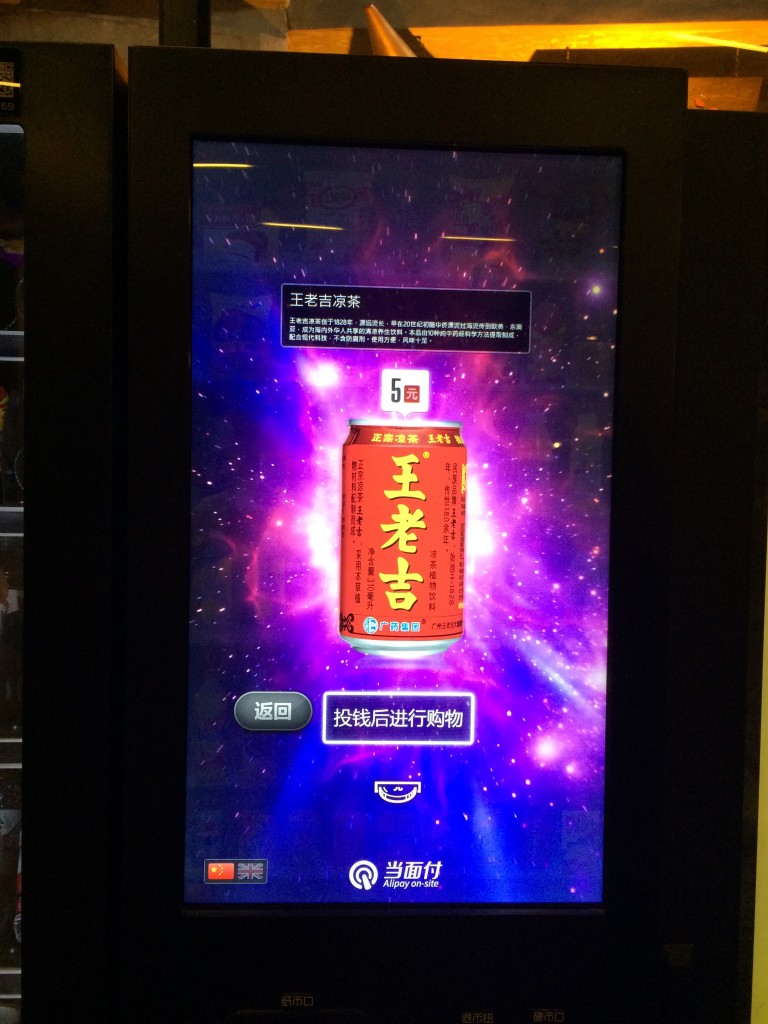
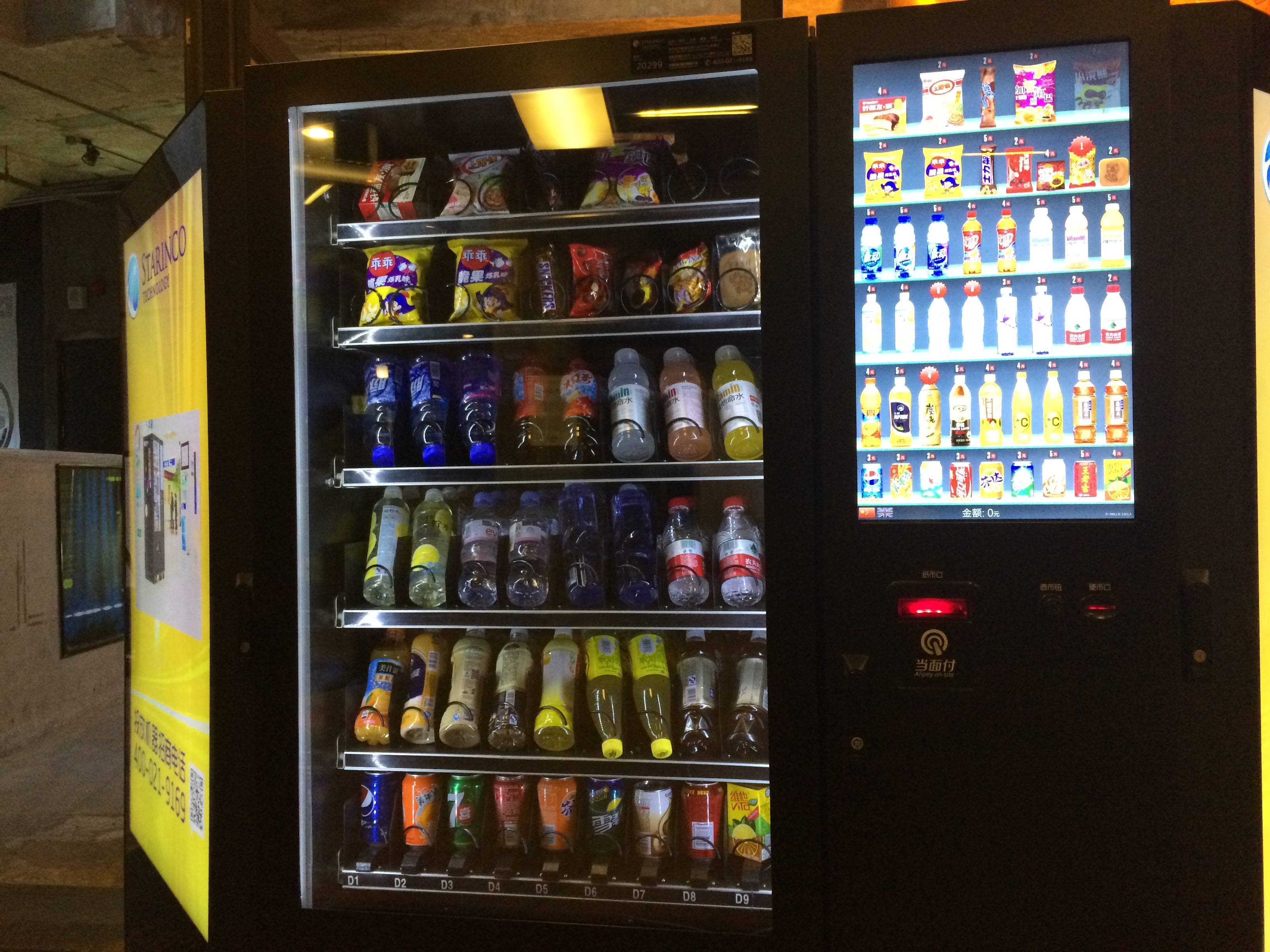

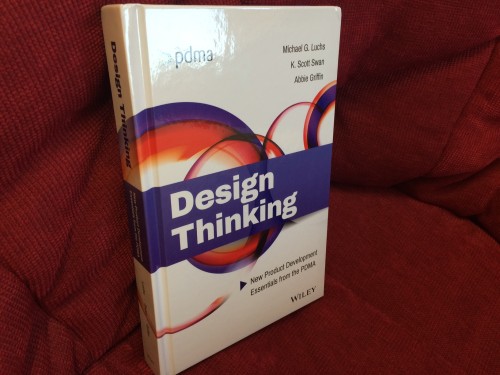



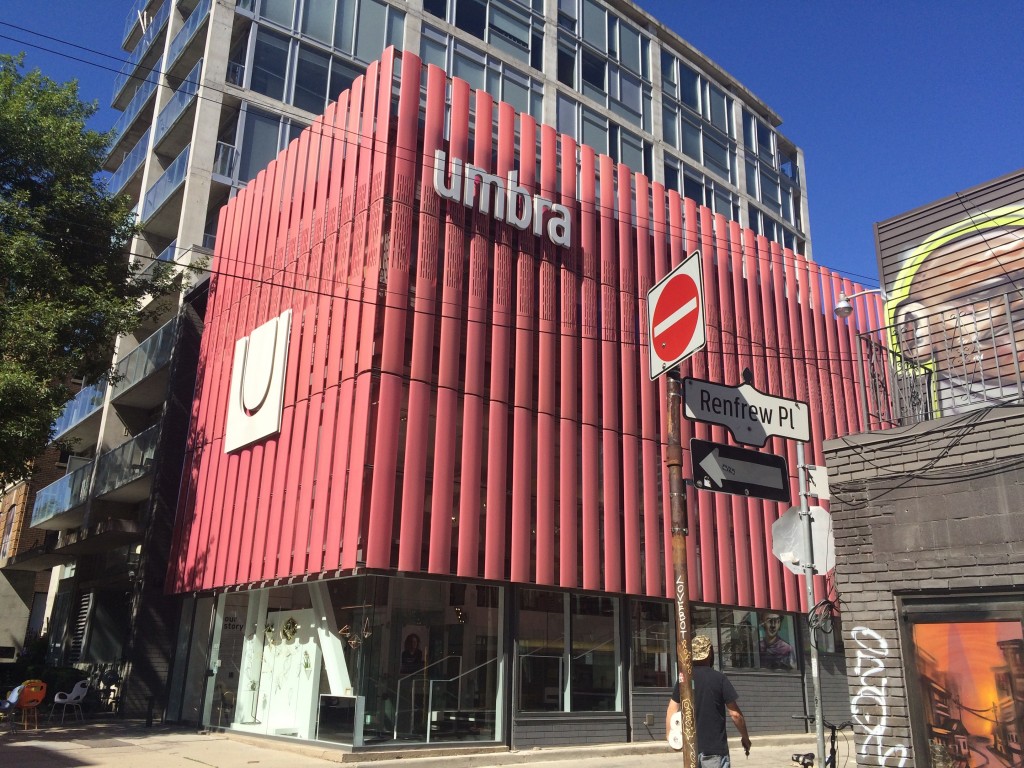
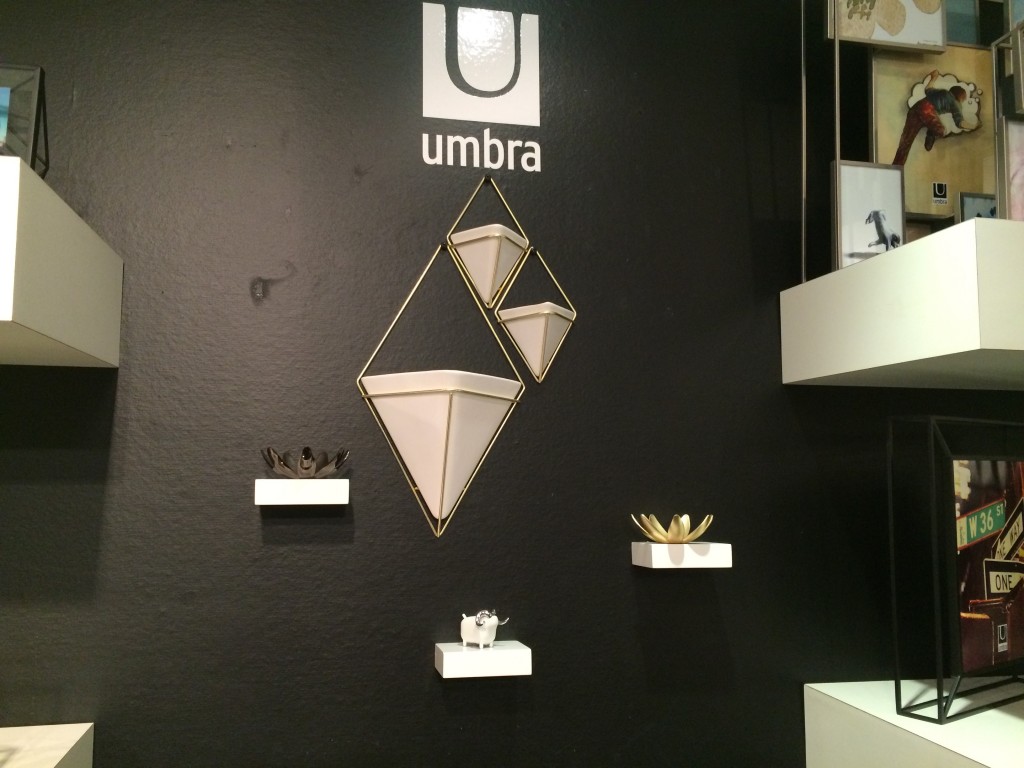
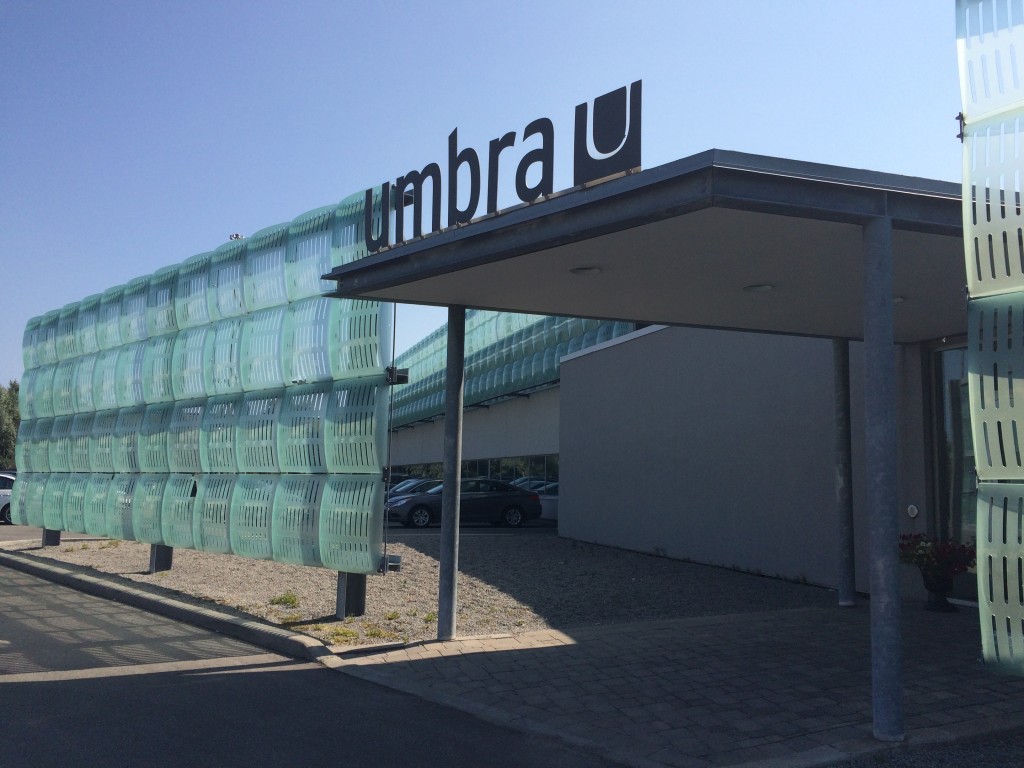
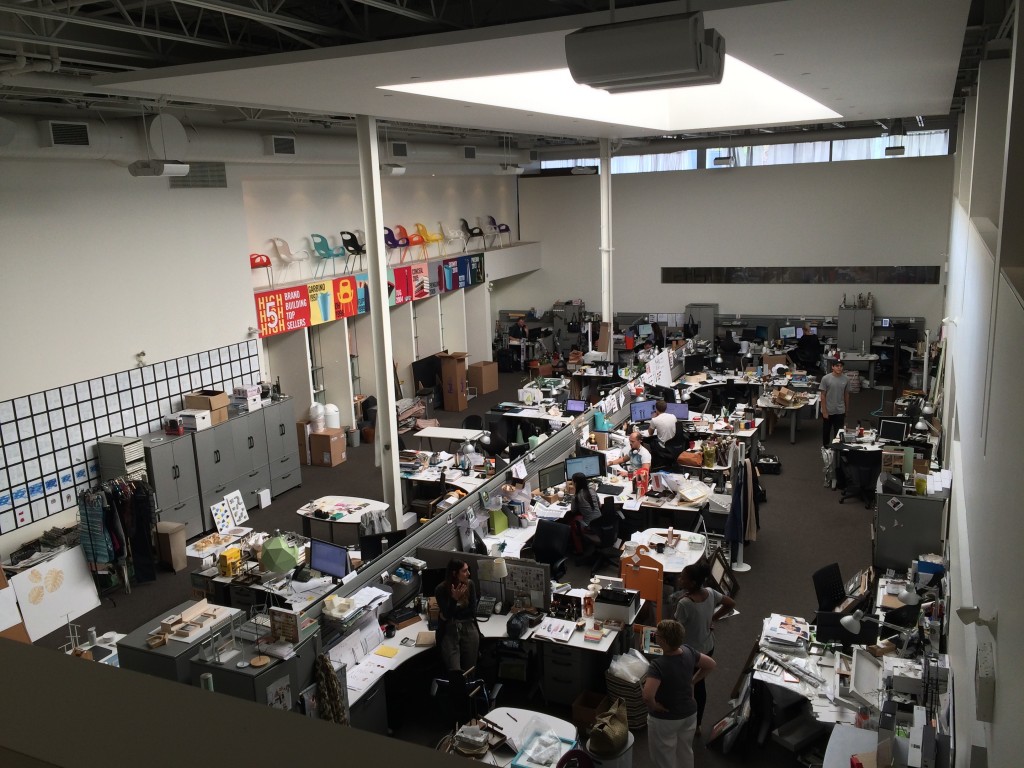
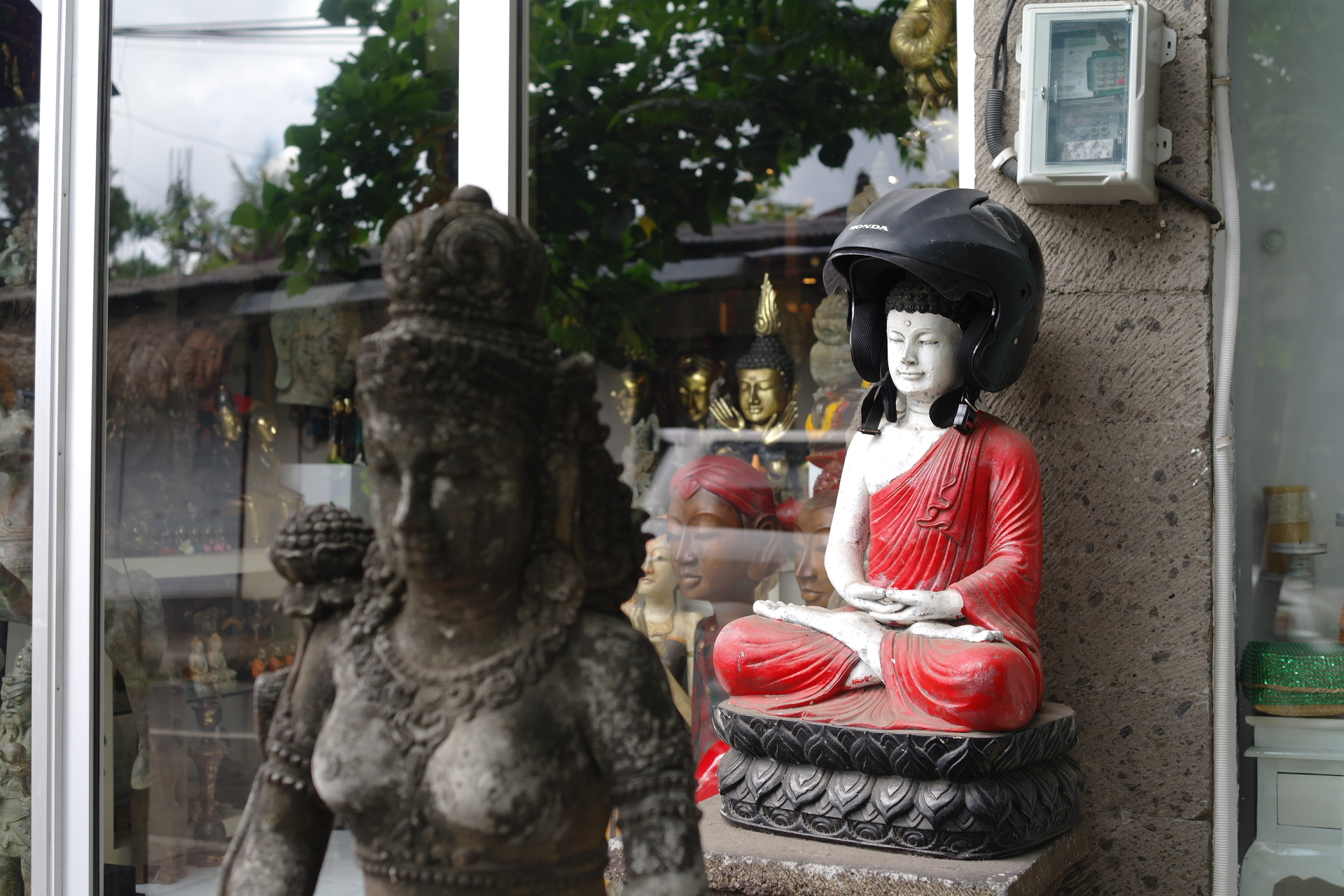
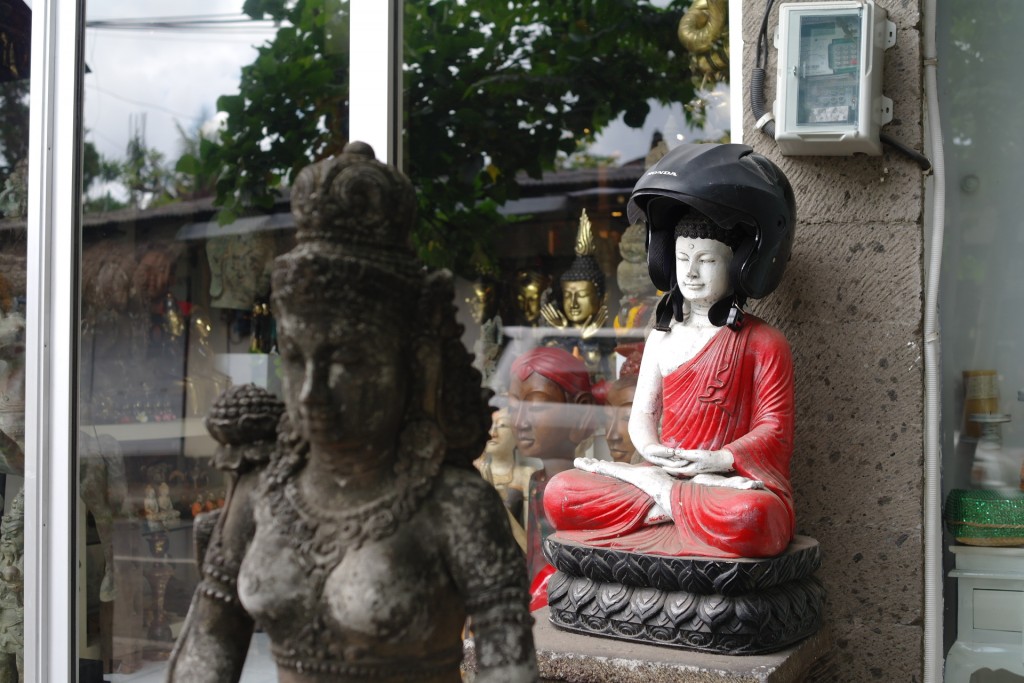
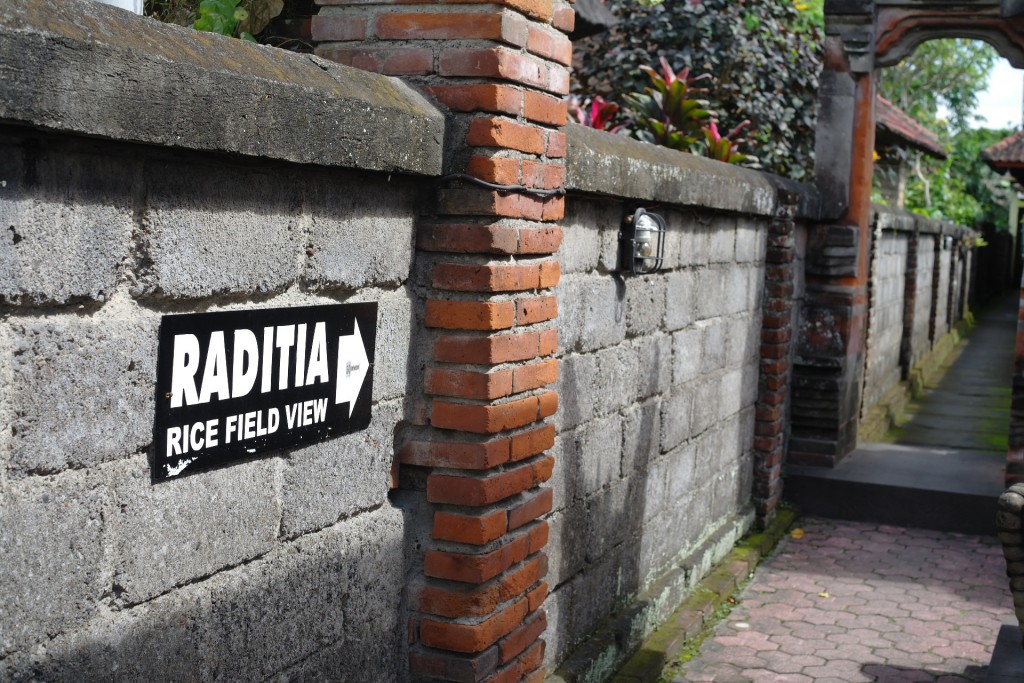
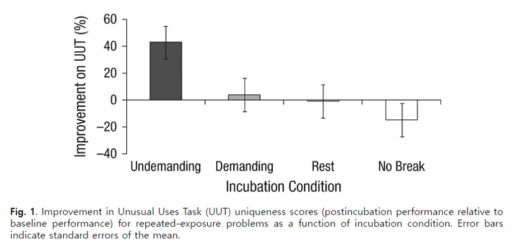
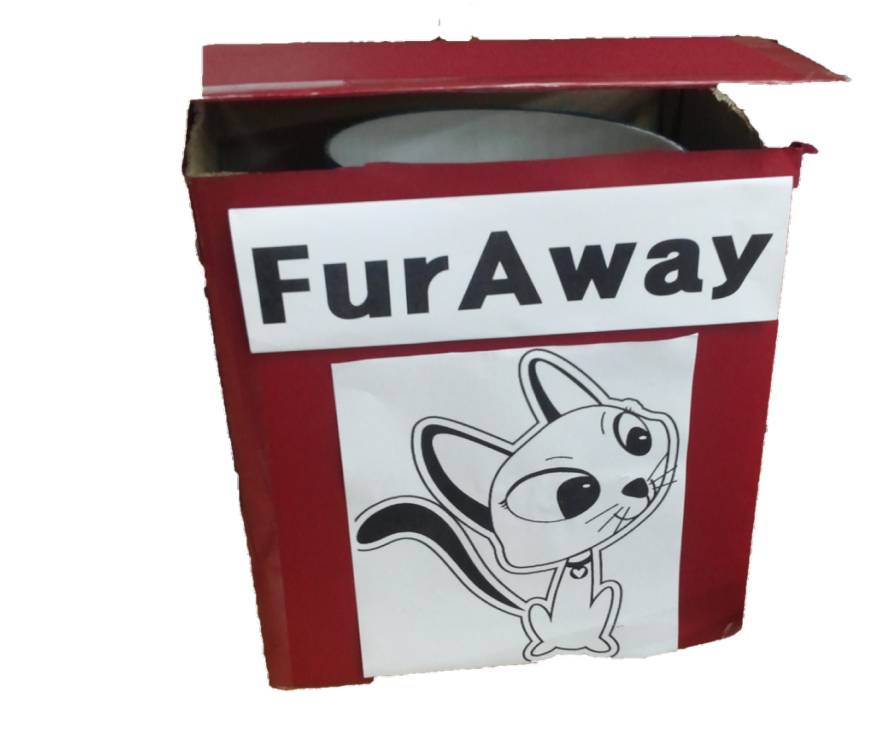
 “Fur Away” is a machine that removes animal hair on our clothes. Cat hair is so light and thin, it sticks everywhere in the house and very easy to be seen all over your clothes. It is there even after you put your clothes in laundry machine. With Fur Away, you can simply click the button to activate, and the machine does all the hard work for you. Our main target is pet owner who suffers from animal hair on their clothes.
“Fur Away” is a machine that removes animal hair on our clothes. Cat hair is so light and thin, it sticks everywhere in the house and very easy to be seen all over your clothes. It is there even after you put your clothes in laundry machine. With Fur Away, you can simply click the button to activate, and the machine does all the hard work for you. Our main target is pet owner who suffers from animal hair on their clothes.
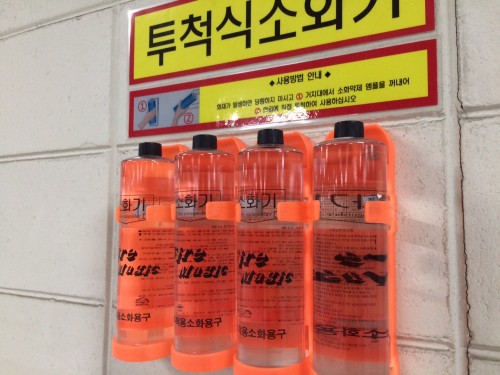
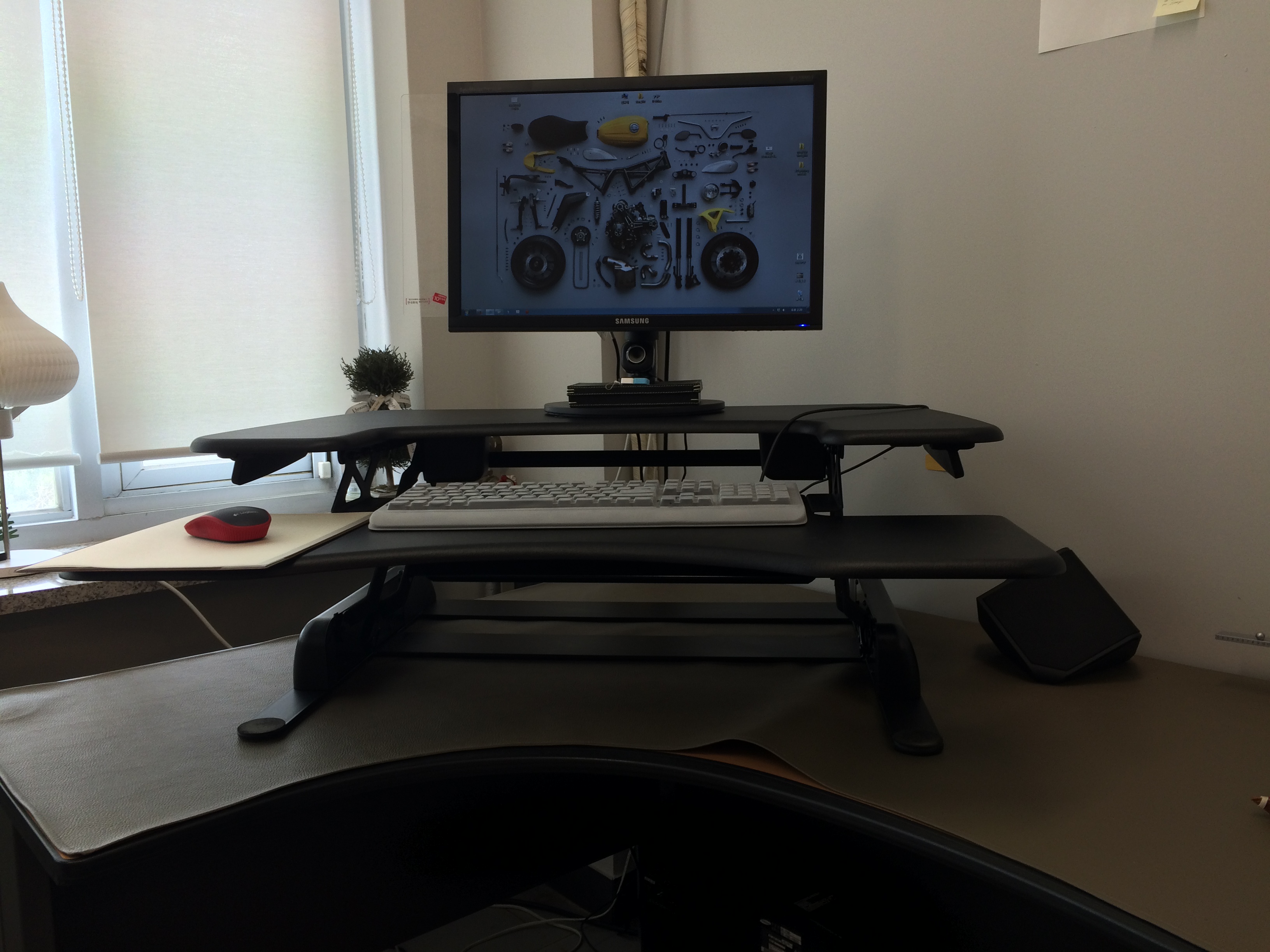
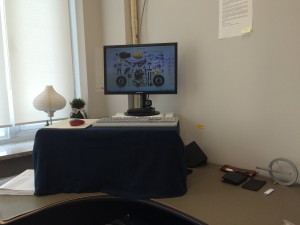
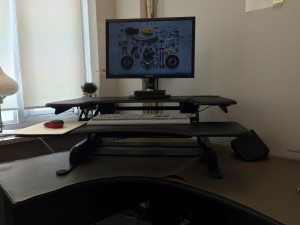
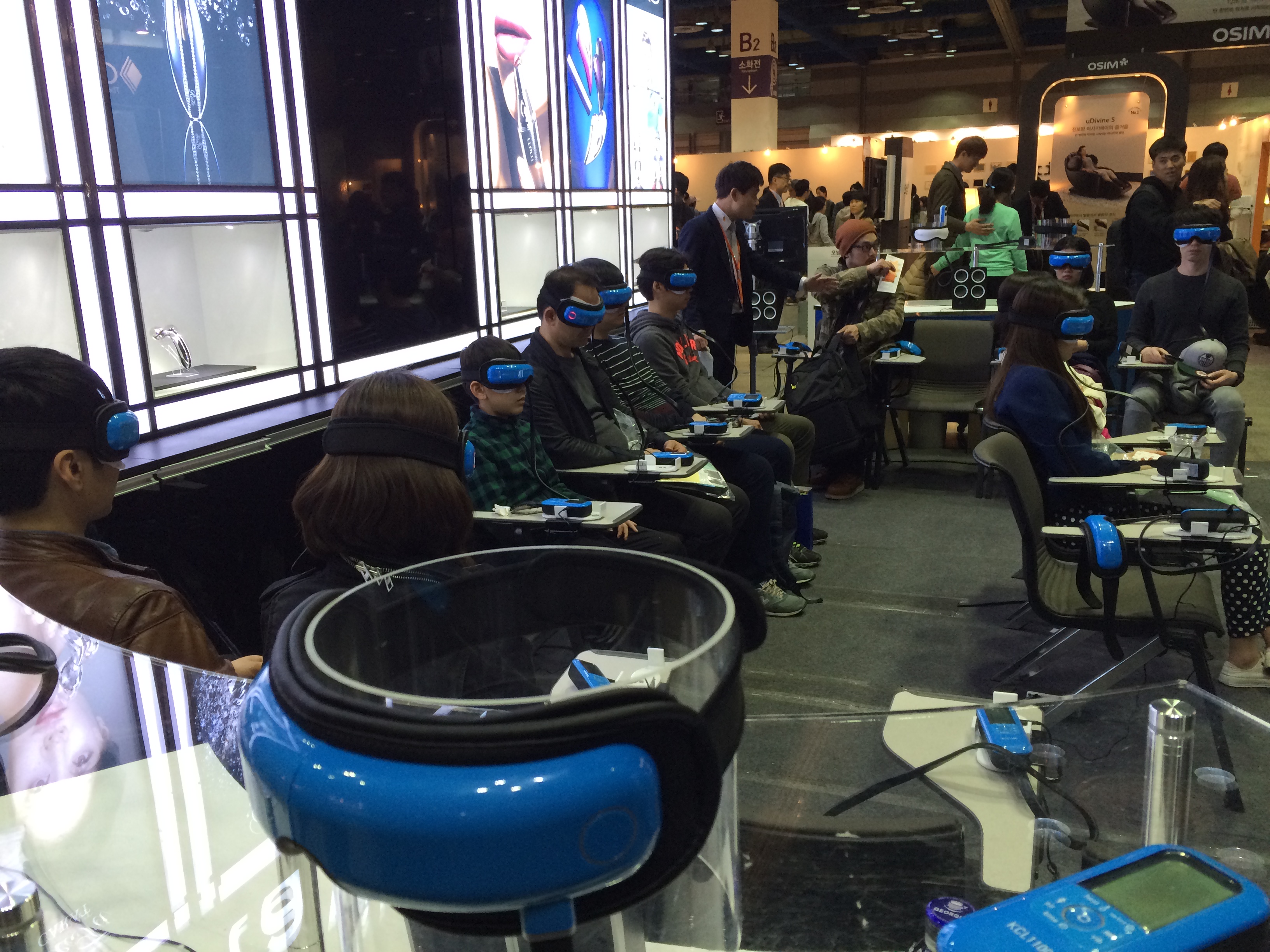
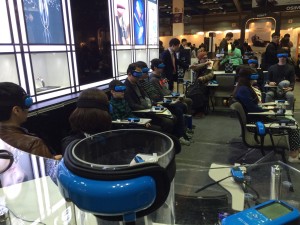 In a large scale indoor space, people need breaks to reduce pains. In a shopping mall or at an exhibition, for example, people often take micro breaks on a bench to reduce the pains in the legs or feet. At a recent exhibition, I met a relatively new solution for the pains that have been little articulated: pains in the eye. When people look around many booths inside the indoor exhibition, they often suffer from dry eyes. Although wearing customized contact lens or dropping artificial tears reduce the pain, shoppers have had no instant solution for this so far. A company introduced electronic devices (blue plastic glasses) to reduce dry eye syndrome or xerophthalmia. Although it looks strange or scared, this device could be installed in shopping malls in the near future for those who want to reduce their pains in the eye.
In a large scale indoor space, people need breaks to reduce pains. In a shopping mall or at an exhibition, for example, people often take micro breaks on a bench to reduce the pains in the legs or feet. At a recent exhibition, I met a relatively new solution for the pains that have been little articulated: pains in the eye. When people look around many booths inside the indoor exhibition, they often suffer from dry eyes. Although wearing customized contact lens or dropping artificial tears reduce the pain, shoppers have had no instant solution for this so far. A company introduced electronic devices (blue plastic glasses) to reduce dry eye syndrome or xerophthalmia. Although it looks strange or scared, this device could be installed in shopping malls in the near future for those who want to reduce their pains in the eye.
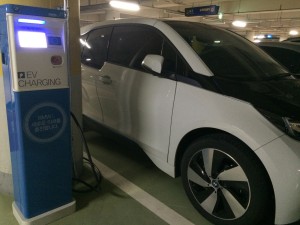 Probably, the department of automotive engineering installed it and owns the electronic vehicle. My first impression about them is that they do not interfere the traffic flow inside the busy parking lot because the charging station occupies a tiny space and it charges a small
Probably, the department of automotive engineering installed it and owns the electronic vehicle. My first impression about them is that they do not interfere the traffic flow inside the busy parking lot because the charging station occupies a tiny space and it charges a small